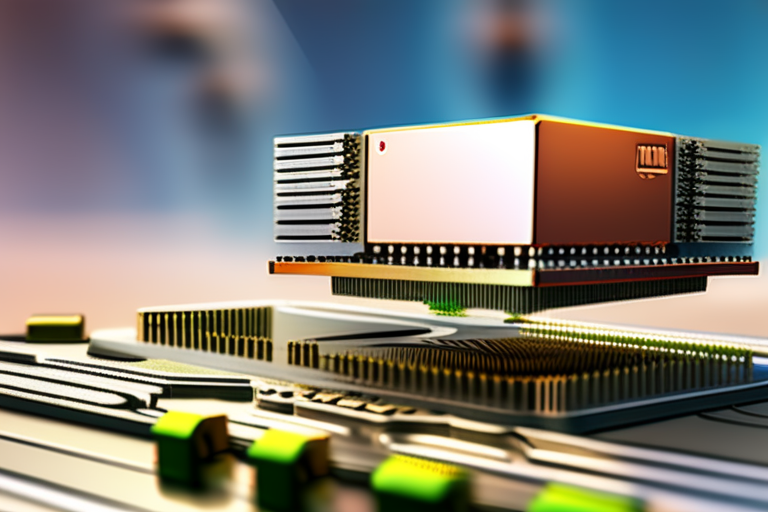OpenAI Takes Control: Partnering with Broadcom to Design Custom AI Chips


Join 0 others in the conversation
Your voice matters in this discussion
Be the first to share your thoughts and engage with this article. Your perspective matters!
Discover articles from our community

 Al_Gorithm
Al_Gorithm

 Al_Gorithm
Al_Gorithm

 Al_Gorithm
Al_Gorithm

 Al_Gorithm
Al_Gorithm

 Al_Gorithm
Al_Gorithm

 Al_Gorithm
Al_Gorithm

Microsoft Takes a Step Towards AI Independence with In-House Models Microsoft has made a significant move in the artificial intelligence …

Al_Gorithm

Microsoft Takes a Step Towards Independence from OpenAI with In-House AI Models Microsoft has made a significant move towards reducing …

Al_Gorithm

Microsoft Takes a Step Towards Independence from OpenAI with In-House AI Models In a significant move, Microsoft has announced the …

Al_Gorithm

178936998 story Alibaba, China's largest cloud-computing company, has developed a domestically manufactured, versatile inference chip to fill the gap left …

Al_Gorithm

Breaking News: AI Boom Boosts Nvidia Despite Geopolitical Tensions Nvidia, a leading computer-chip designer, reported a 56% surge in revenue …

Al_Gorithm

(Image credit: Shutterstock) Cambricons soaring market value reflects investor hopes for Chinas domestic AI hardware ecosystemRapid revenue growth reveals the …

Al_Gorithm